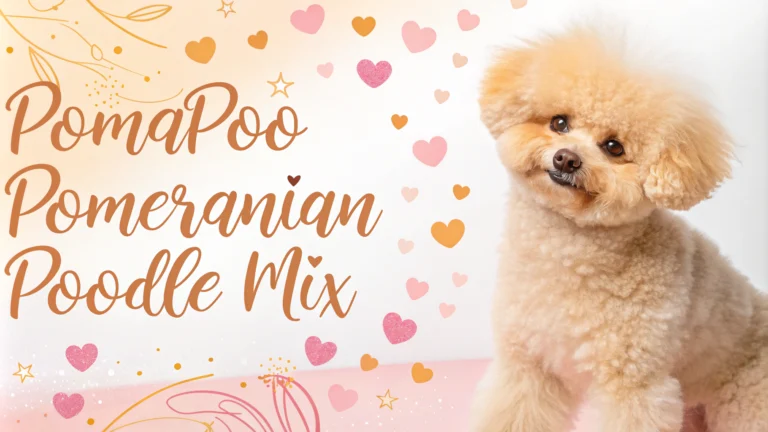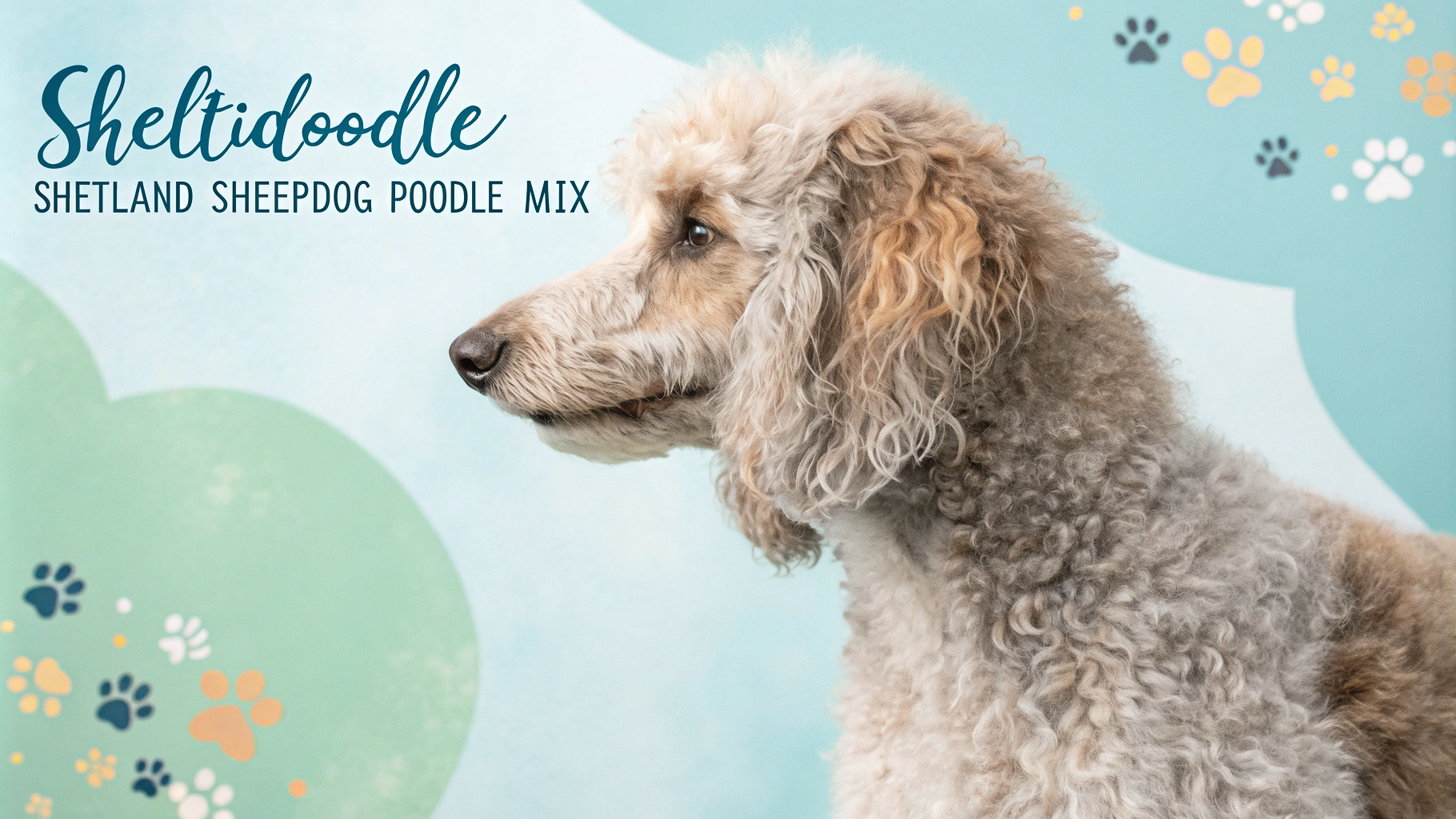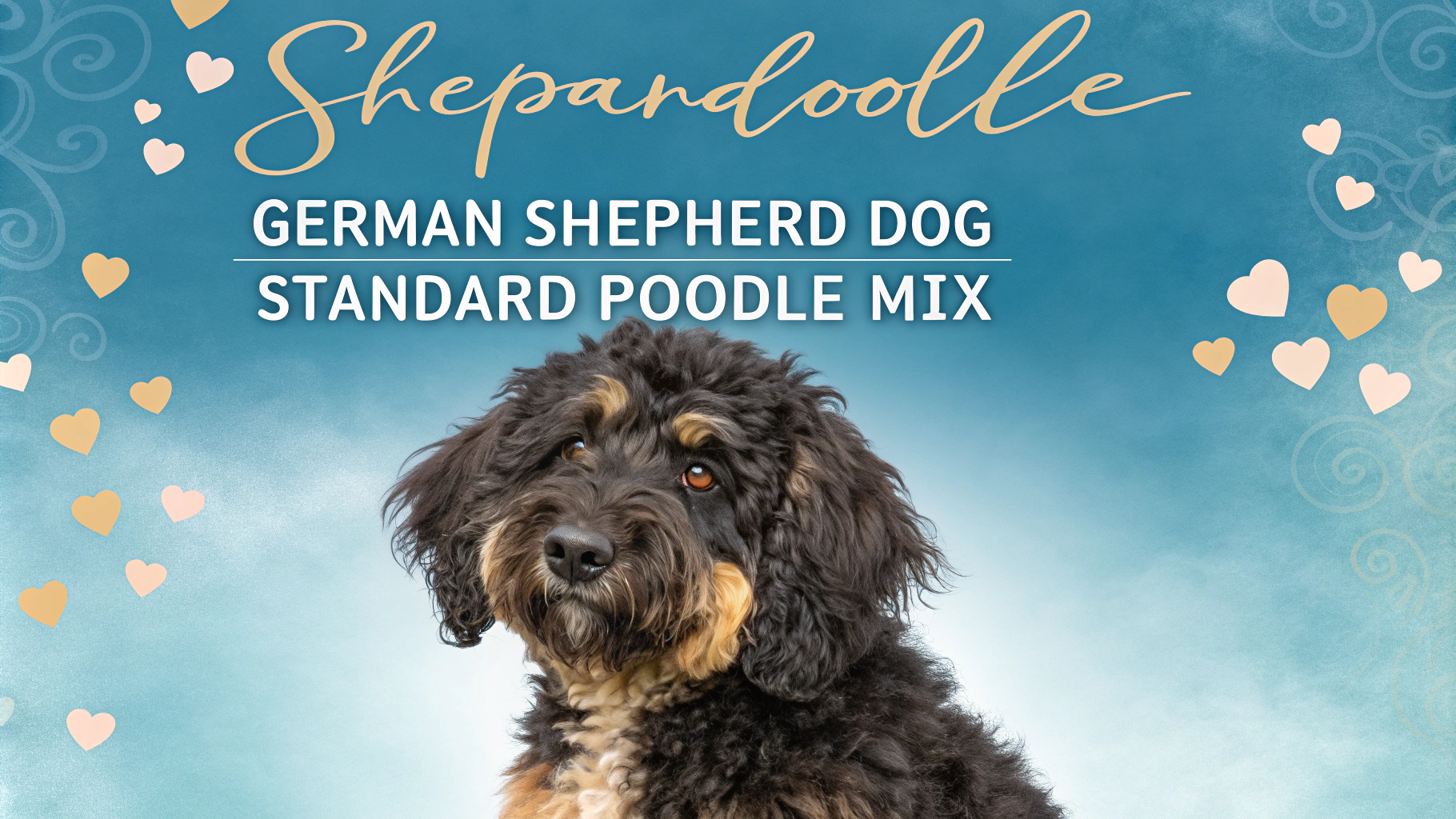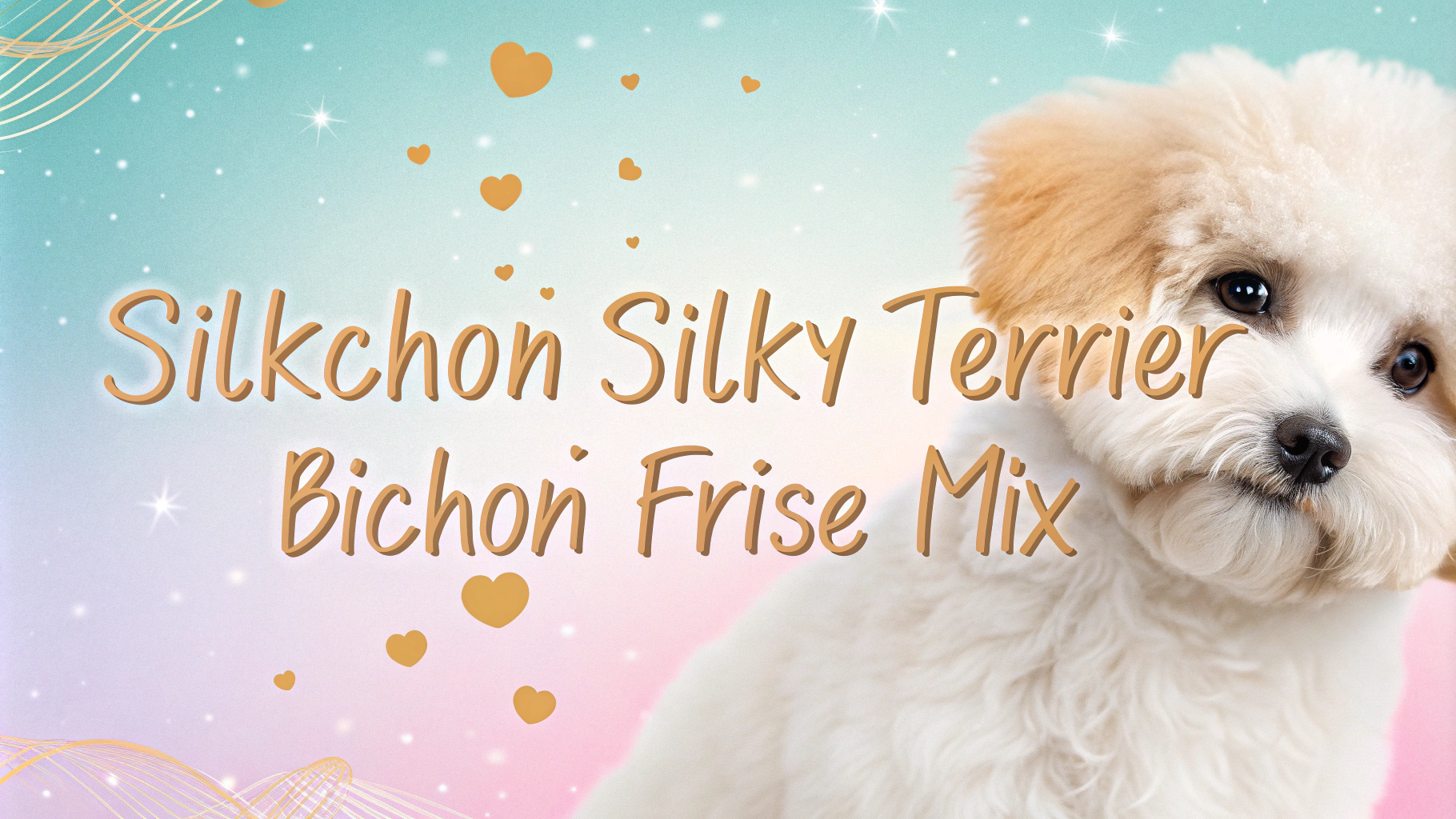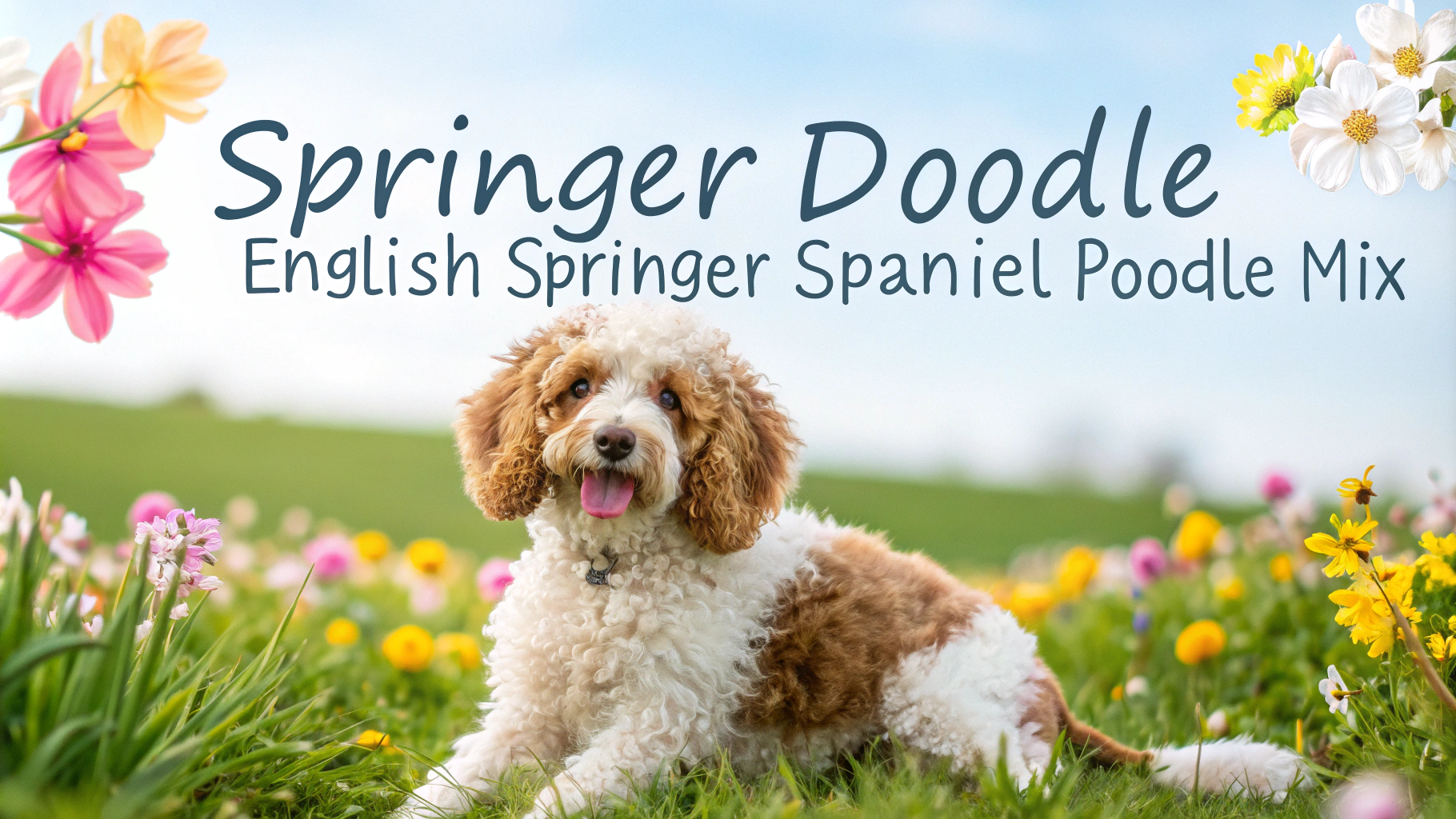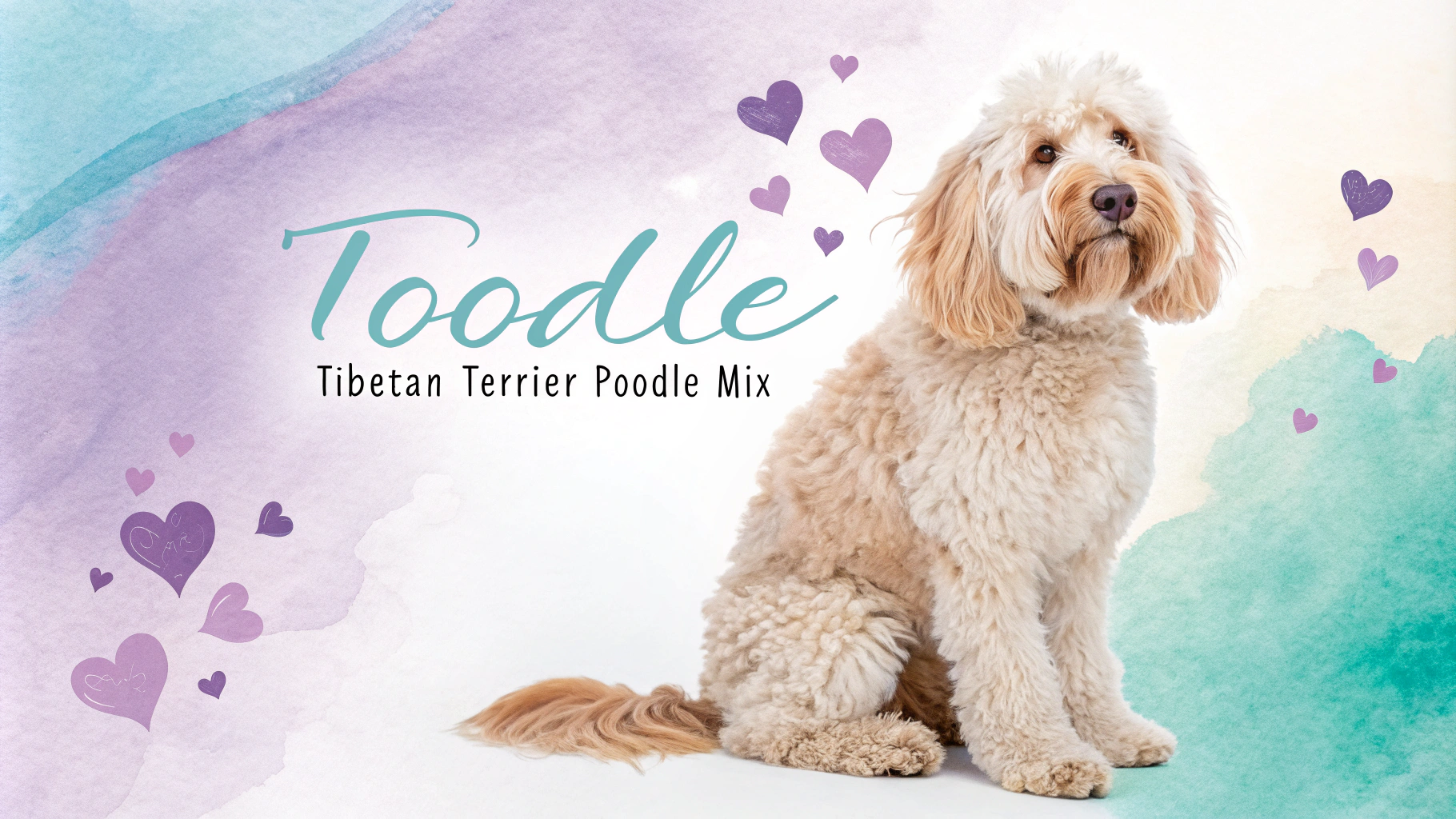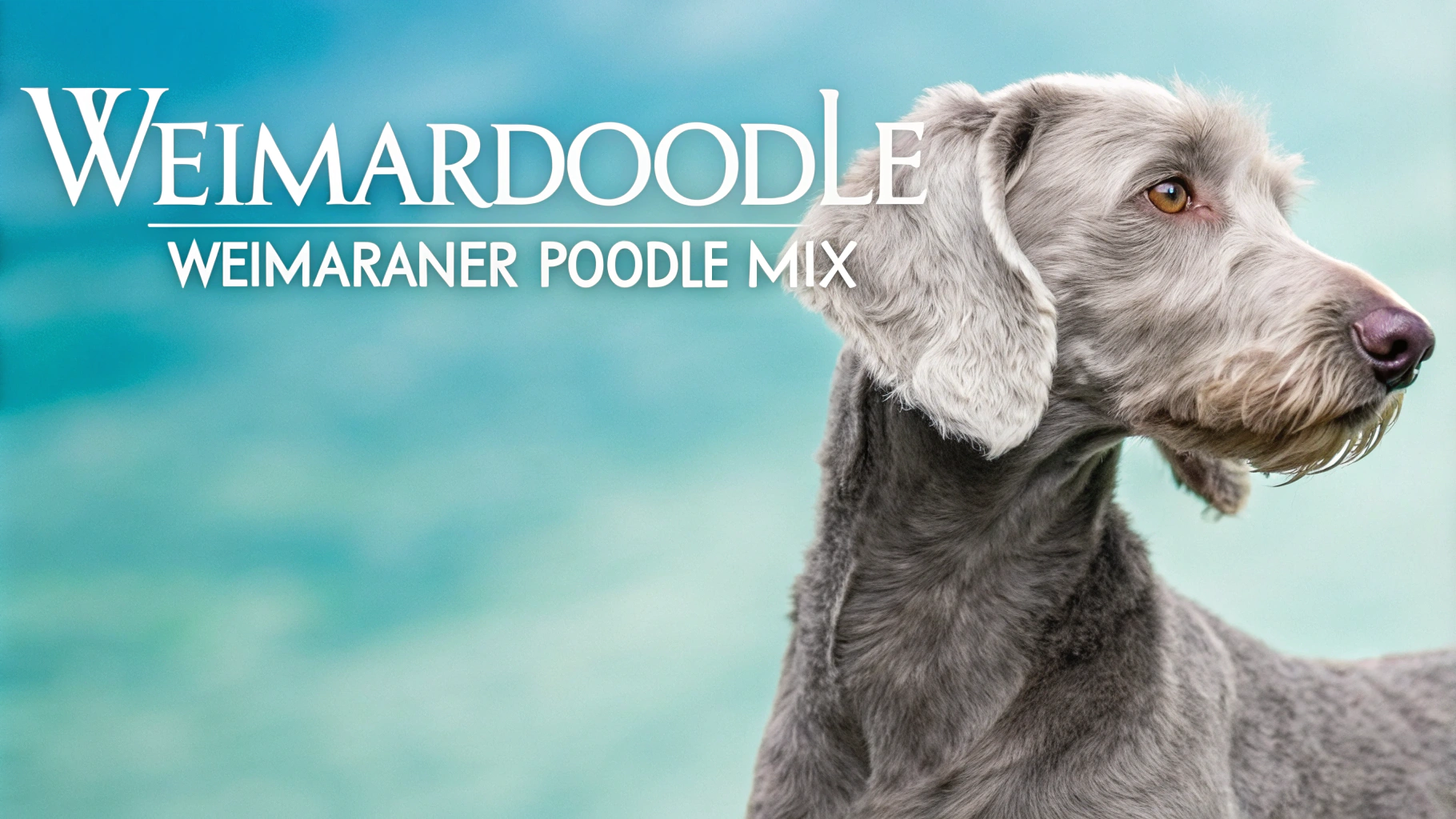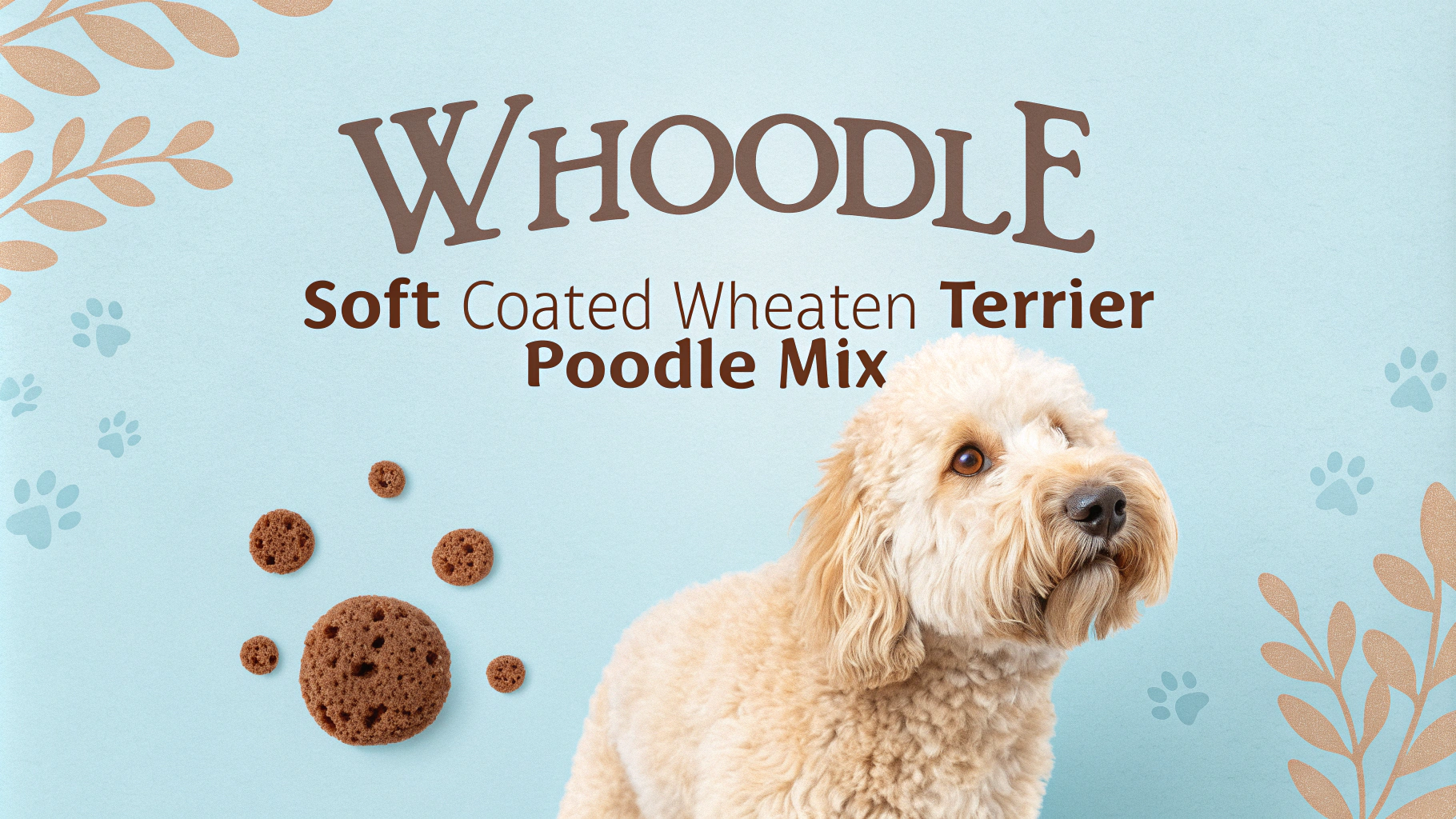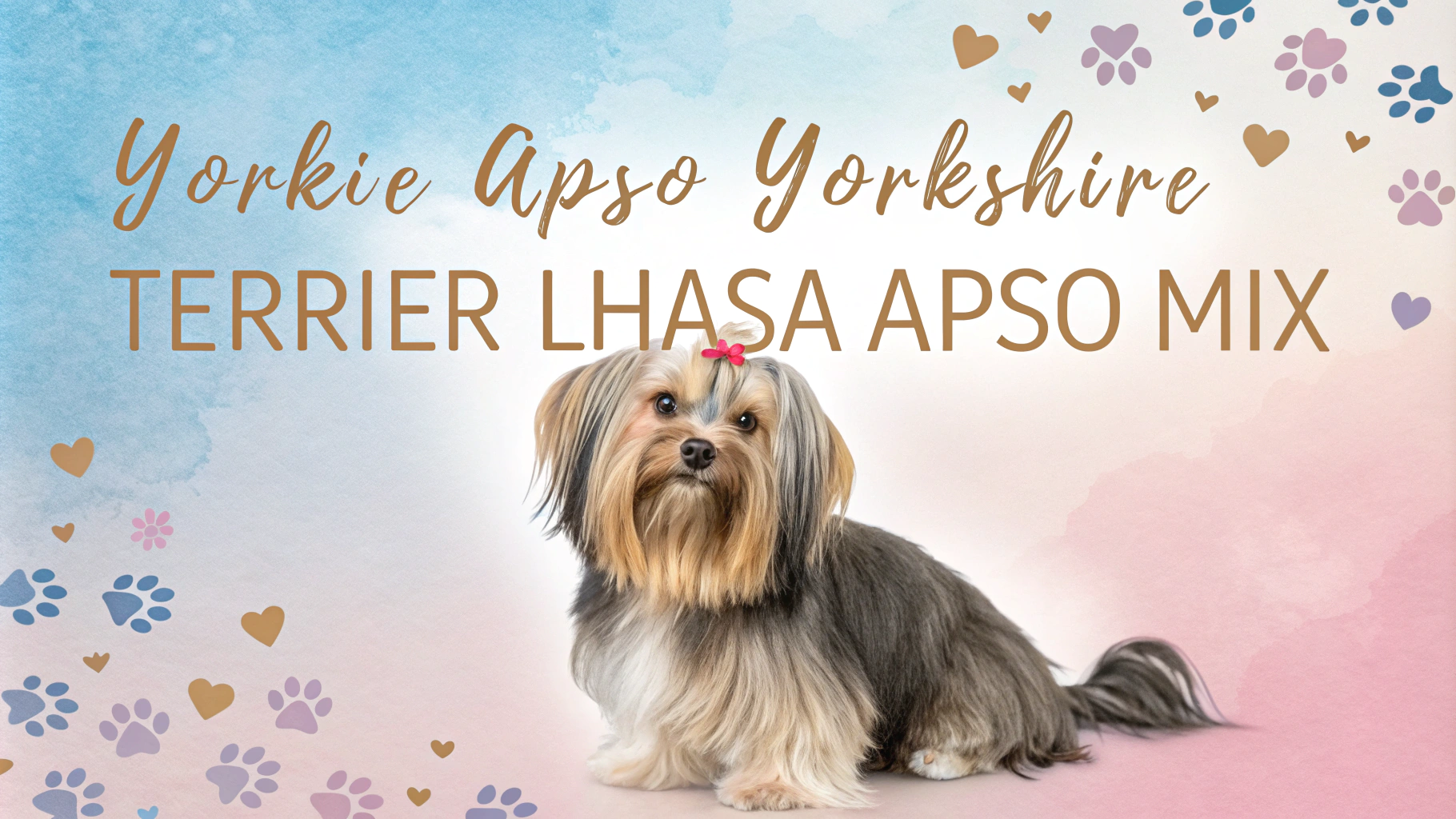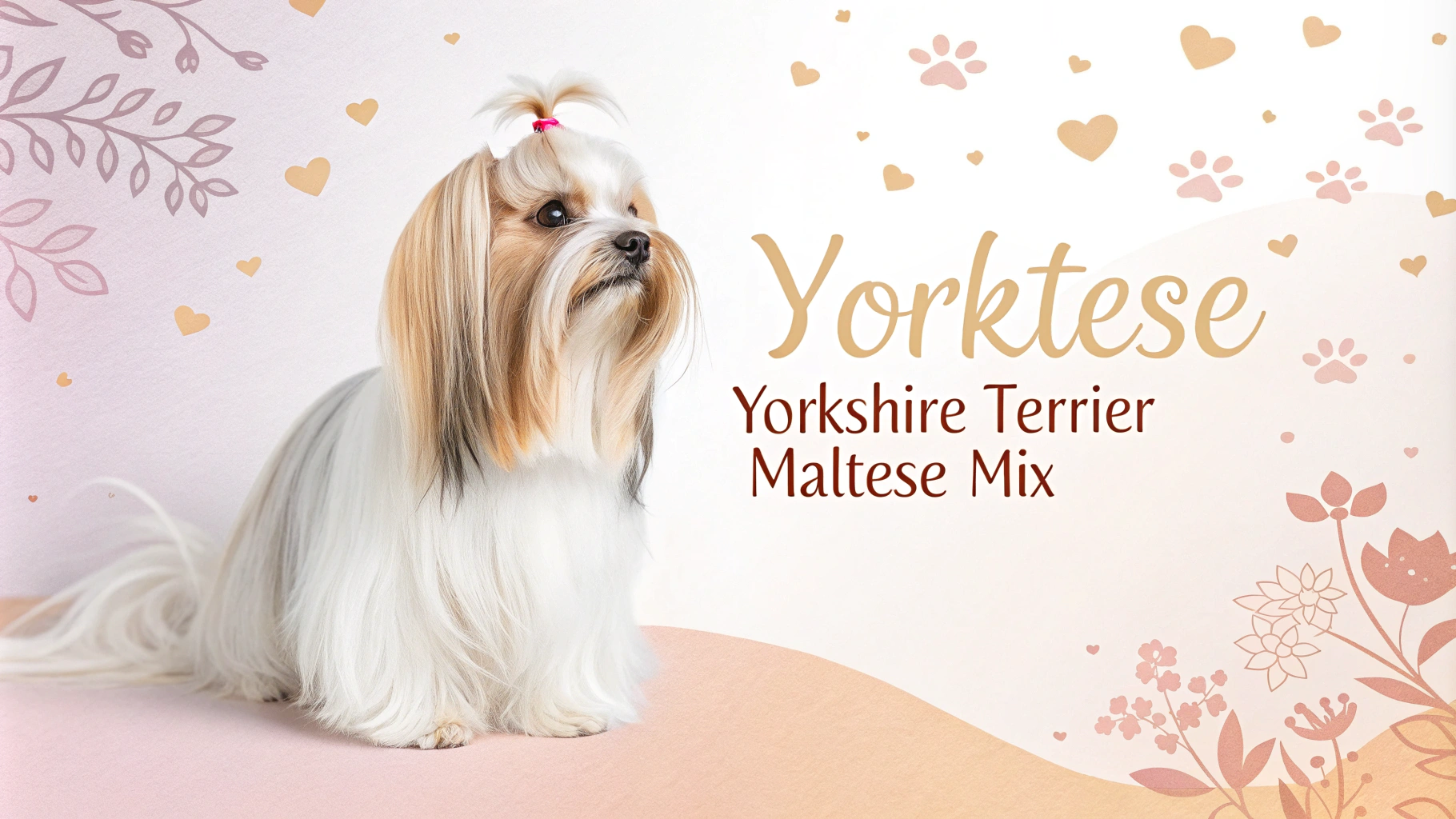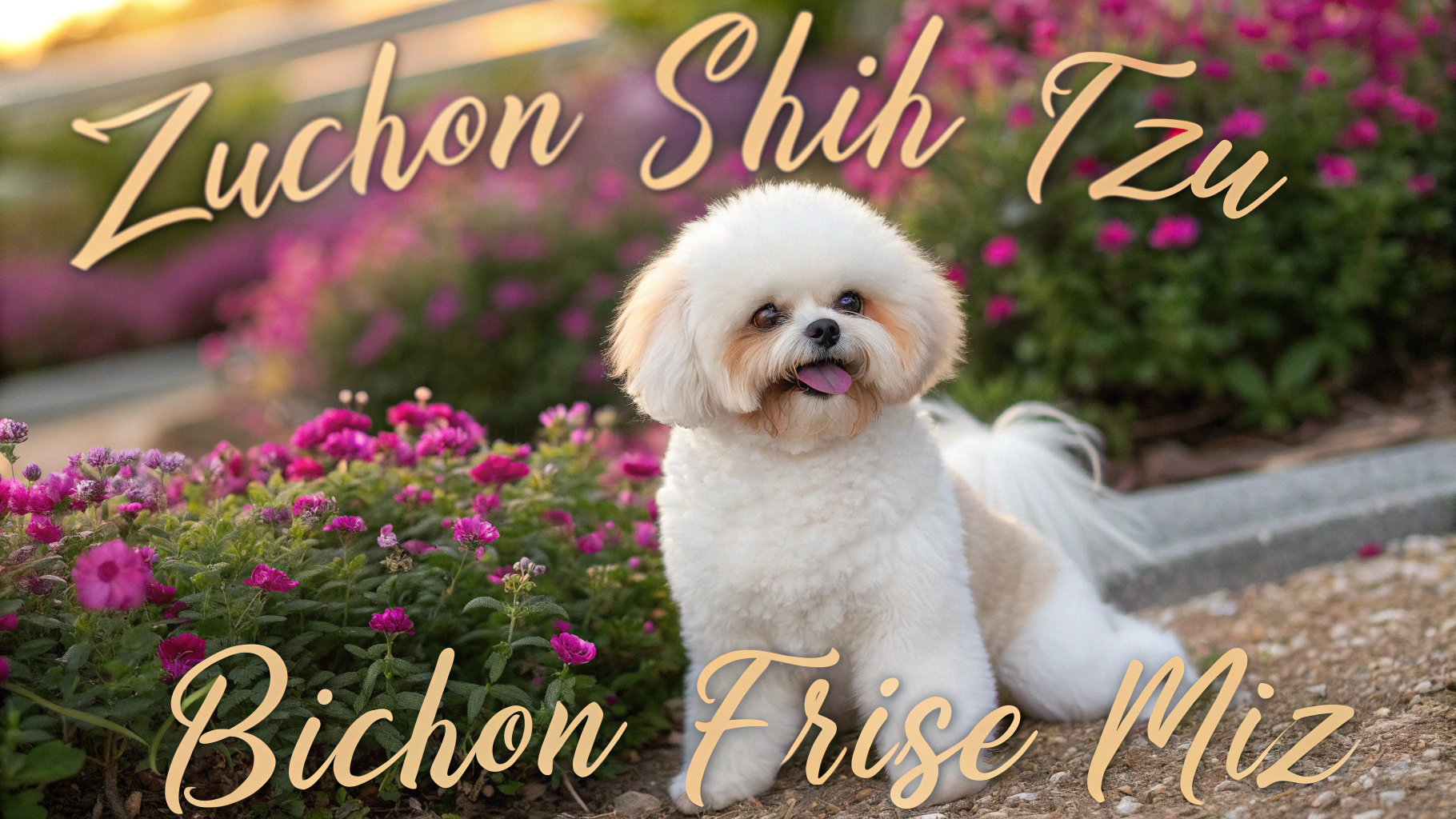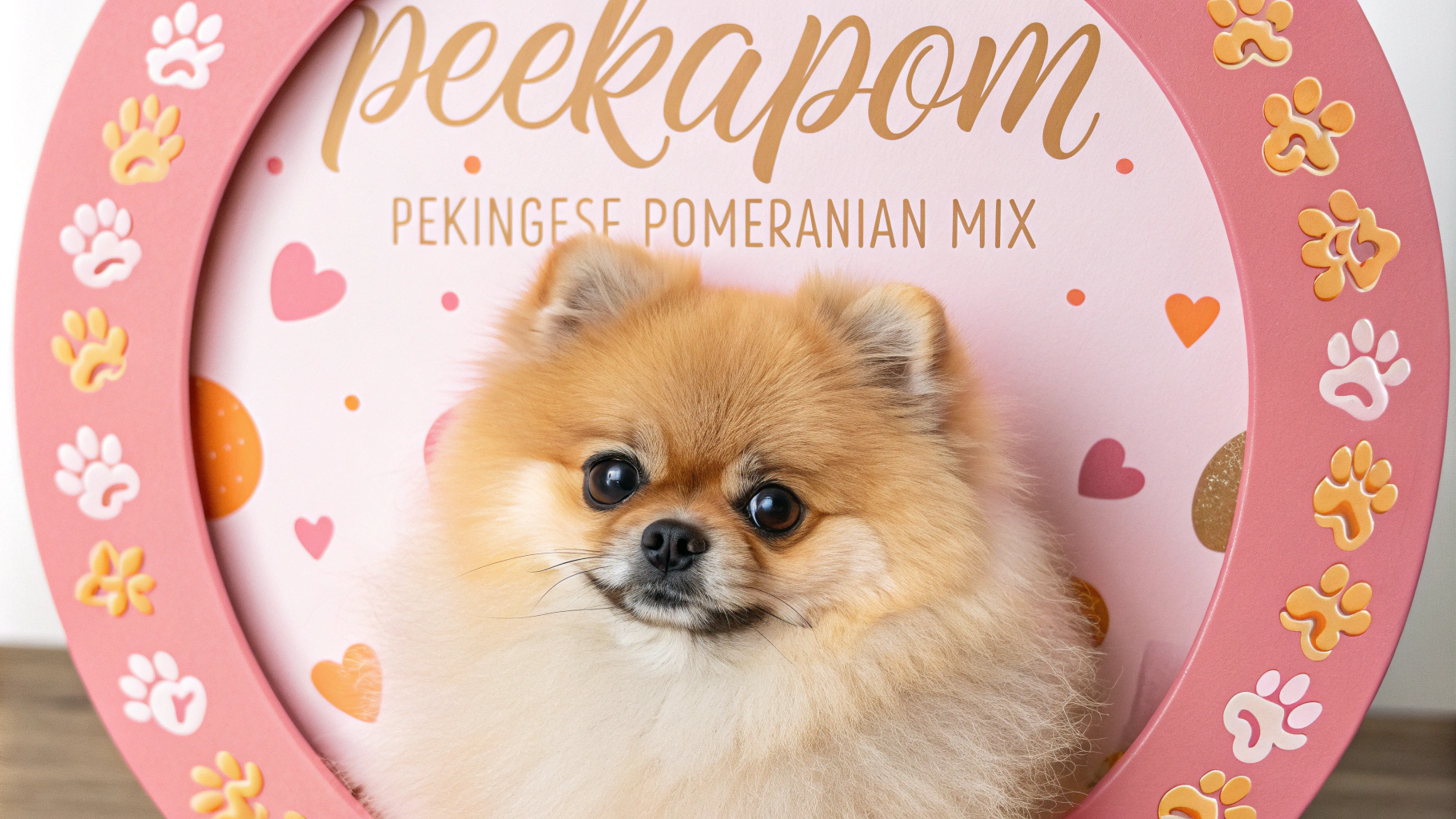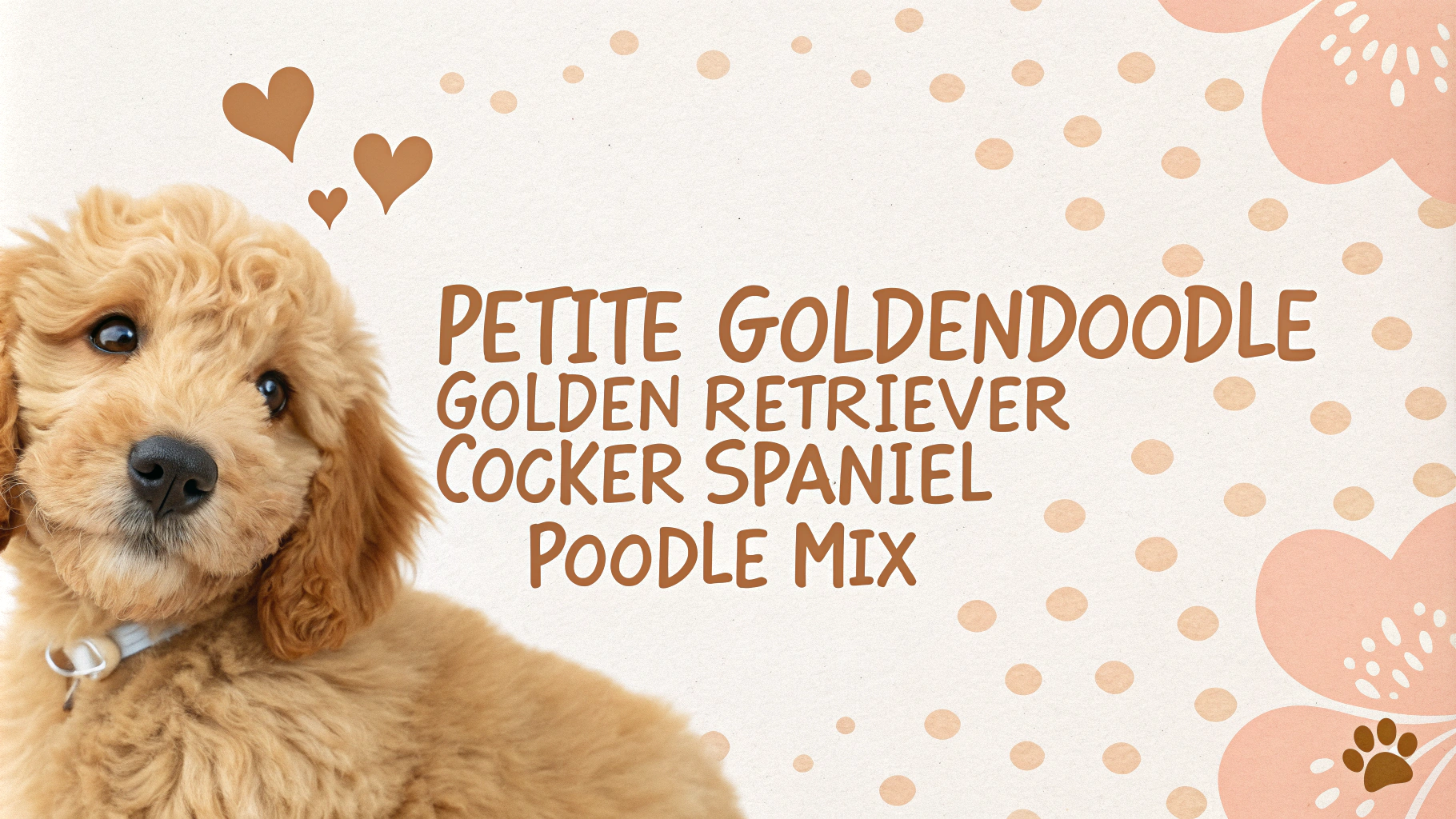The Pomapoo is a delightful designer dog breed that combines the charming traits of the Pomeranian and the intelligent characteristics of the Poodle. This small, affectionate mixed breed has gained popularity among dog lovers for its adorable appearance and loving personality. Pomapoos are known for their playful nature, loyalty to their owners, and adaptability to various living situations, making them excellent companions for individuals and families alike.
Key Facts
- Size: Small (typically 8-10 inches tall)
- Weight: 5-15 pounds
- Lifespan: 12-15 years
- Coat: Varies from straight to curly, often fluffy
- Colors: Wide variety, including white, black, brown, cream, and combinations
- Temperament: Intelligent, affectionate, and energetic
- Good with children: Yes, when properly socialized
- Good with other pets: Generally yes, but early socialization is important
- Shedding: Low to moderate, depending on coat type
- Exercise needs: Moderate
- Trainability: High, due to intelligence inherited from both parent breeds
Character Traits
Pomapoos are known for their vibrant and affectionate personalities, inheriting the best traits from both parent breeds. They are typically intelligent, playful, and loving, making them excellent companions for various households. These dogs often display a curious and alert nature, always eager to be involved in family activities.
Due to their Pomeranian heritage, Pomapoos can be confident and sometimes feisty, while the Poodle influence contributes to their high intelligence and trainability. They are generally good with children and other pets when properly socialized, although their small size means interactions should be supervised to prevent accidental injury.
Pomapoos are known to form strong bonds with their owners and may develop separation anxiety if left alone for extended periods. They thrive on attention and companionship, often following their owners around the house. Despite their small size, many Pomapoos inherit the Pomeranian’s bold personality, which can sometimes lead to them being overly protective or vocal.
These designer dogs are adaptable and can do well in various living situations, from apartments to houses with yards. However, they do best in environments where they receive plenty of attention and interaction with their human family members.
History & Origins
The Pomapoo is a relatively new designer dog breed, likely originating in the late 20th or early 21st century as part of the growing trend of creating mixed breed dogs. While the exact origins of the Pomapoo are not well-documented, it’s believed that breeders aimed to combine the adorable appearance and spirited personality of the Pomeranian with the intelligence and hypoallergenic coat of the Poodle.
To understand the Pomapoo, it’s essential to look at the history of its parent breeds. The Pomeranian originated in the Pomerania region of northern Europe and was bred down from larger sled dogs. They gained popularity in the late 18th century when Queen Victoria of England became an enthusiast of the breed. Pomeranians are known for their fluffy coats, fox-like faces, and lively personalities.
The Poodle, on the other hand, has a long history as a water retriever in Germany and later became popular in France. Poodles are renowned for their intelligence, elegant appearance, and hypoallergenic coats. They come in three sizes: Standard, Miniature, and Toy, with the smaller varieties typically used in breeding Pomapoos.
As a mixed breed, the Pomapoo is not recognized by major kennel clubs like the American Kennel Club (AKC) or the United Kennel Club (UKC). However, they are recognized by some designer breed registries and have gained a devoted following among dog enthusiasts who appreciate their compact size, affectionate nature, and potentially hypoallergenic coats.
Health Concerns
The Pomapoo, like many mixed breeds, can inherit health issues from both parent breeds. Common concerns include:
- Patellar luxation: A condition where the kneecap dislocates, common in small breeds
- Hip dysplasia: An abnormal formation of the hip socket, which can lead to arthritis
- Eye problems: Including progressive retinal atrophy and cataracts
- Dental issues: Due to their small size, they may be prone to overcrowding and tooth decay
- Allergies: Both skin and food allergies can be present
Regular veterinary check-ups, dental care, and a healthy diet can help mitigate some of these risks. It’s also important to obtain your Pomapoo from a reputable breeder who conducts health screenings on parent dogs.
Exercise Needs
Pomapoos are generally active and energetic dogs, but their exercise needs are moderate compared to larger breeds. A daily routine should include:
- Walks: 30-45 minutes of walking, split into two sessions if possible
- Playtime: 15-20 minutes of interactive play, such as fetch or tug-of-war
- Mental stimulation: Puzzle toys and training sessions to keep their minds engaged
While they don’t require intense exercise, regular activity is crucial for maintaining their physical and mental well-being. Pomapoos enjoy being active and playful, so incorporating various activities into their routine can prevent boredom and associated behavioral issues.
Space Requirements
Pomapoos are well-suited to various living situations due to their small size. They can thrive in:
- Apartments: Their compact size makes them excellent apartment dogs
- Houses: They enjoy having a yard but don’t require extensive outdoor space
- Urban or rural settings: Adaptable to different environments
While they don’t need a large living space, Pomapoos do require a safe, comfortable area for rest and play. They should have a designated sleeping area and access to toys for mental stimulation. Although they can adapt to small spaces, regular outdoor exposure is important for their overall well-being and socialization.
Nutrition & Feeding
Proper nutrition is crucial for maintaining the health and longevity of a Pomapoo. Consider the following guidelines:
- High-quality dog food: Choose a brand formulated for small breeds with high energy levels
- Portion control: Follow feeding guidelines based on age, weight, and activity level to prevent obesity
- Meal frequency: 2-3 small meals per day are typically recommended for adult Pomapoos
- Treats: Use in moderation, accounting for no more than 10% of daily caloric intake
- Fresh water: Always provide access to clean, fresh water
Consult with a veterinarian to create a tailored nutrition plan, especially if your Pomapoo has specific health concerns or dietary needs. Be cautious of human foods that may be toxic to dogs, and adjust their diet as they transition from puppy to adult stages.
Grooming Tips
The Pomapoo’s grooming needs can vary depending on which parent breed they take after more. Generally, they require regular brushing, at least 2-3 times a week, to prevent matting and tangling of their coat. If they inherit the Poodle’s low-shedding coat, they may need professional grooming every 6-8 weeks to maintain their appearance. Regular tooth brushing is essential to prevent dental issues common in small breeds. Nail trimming should be done as needed, usually every 2-4 weeks. Pay special attention to cleaning around their eyes to prevent tear stains, especially in lighter-colored Pomapoos. Bathing should be done monthly or as needed, using a gentle dog shampoo to avoid skin irritation. It’s important to check and clean their ears regularly to prevent infections, particularly if they have floppy ears like a Poodle.
Training Approach
Pomapoos are generally intelligent and eager to please, making them relatively easy to train. However, they can inherit the Pomeranian’s stubborn streak, so consistency and patience are key. Positive reinforcement techniques work best, using treats, praise, and play as rewards. Early socialization is crucial to prevent shyness or excessive barking around strangers or other animals. Keep training sessions short and fun to maintain their interest, as they can have a short attention span. Focus on basic obedience commands, house training, and leash manners from an early age. Pomapoos can excel in agility and trick training, which can provide mental stimulation and strengthen the bond between dog and owner. Be aware that they may be prone to separation anxiety, so crate training and teaching them to be comfortable alone is important. Avoid harsh corrections or punishment, as these small dogs can be sensitive and may become fearful or anxious if treated roughly.
